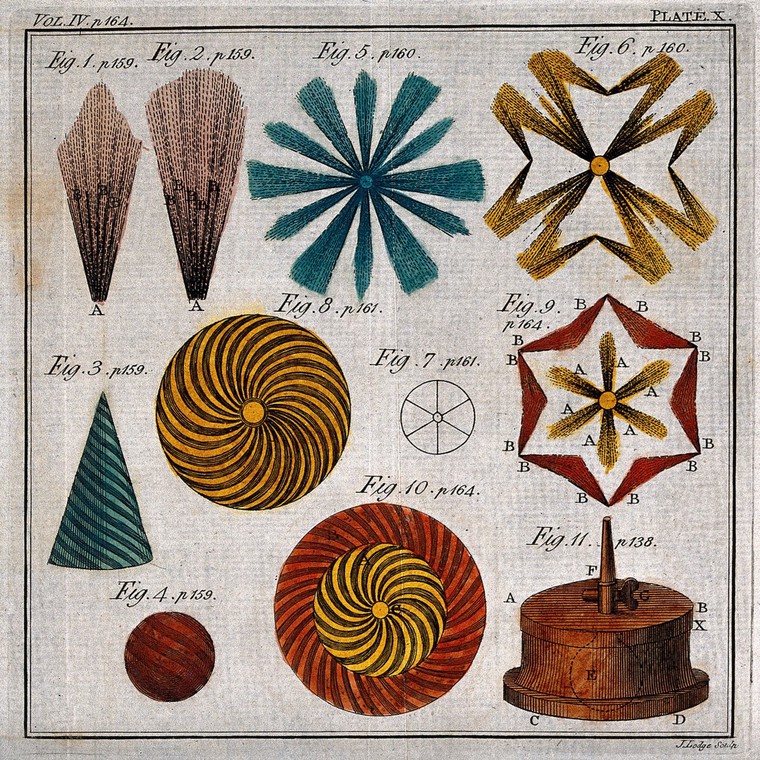You want to know how I work with writers to develop a great plot? Let’s take one of my favourite things as an example: 🧨Fireworks. — Some of my earliest childhood memories are connected to the fireworks after the local autumn fair. As children, we were allowed to stay up late. Very late indeed. We were 3 or 4 years old. And we would wait, wait, wait for the fireworks to begin. Suddenly the first one goes off: Bam!
Bam!
Bam!
Bam!
The darkness of the sky bursts into hundreds of colourful stars. They explode into giant flowers and thousands of tiny drops of golden rain.

During the Baroque era, each and every festivity ended with fireworks.
OK, we have a topic, fireworks🧨. Now let’s add a time. We’ll go for a period when fireworks were most popular… the Baroque era in Europe.
By doing so, we’ve got all the elements which would make the film or book a gripping one. Such as…
Glamour. Banquets! Festivities! Music! Dancing! Food! Beautiful women in beautiful dresses! And then — as the culmination point of the evening — the fireworks.
Drama. What better place to create intrigue and conspiracy, than a banquet, when everyone is gathered in one place?
Love. Flirting while you dance. Touching your love interest for the very first time — but it’s in front of the eyes of the chaperones … do I need to say more?
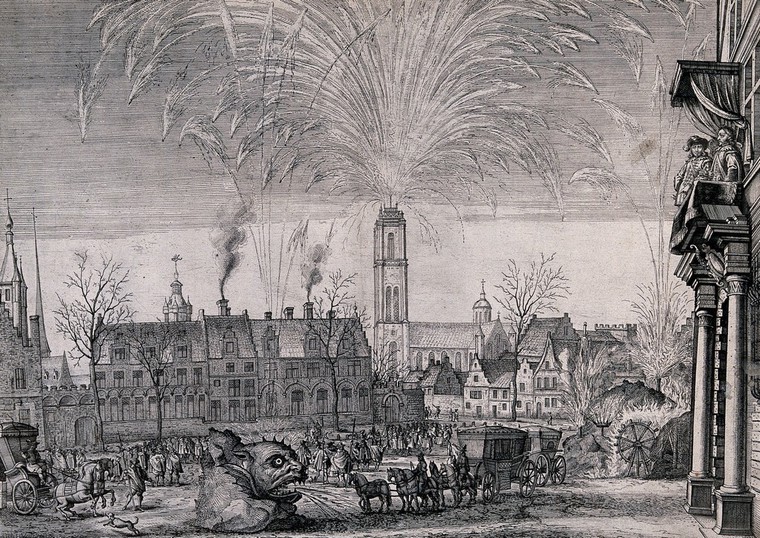
Let me entertain you
Who will your protagonist be? The protagonists in your story will be the driving force; this is crucial when you want to develop a great plot. Is he a likeable, good, honest boy — striving hard to work his way up into the upper classes. Or, it could be an obscure, devious man. Someone who is eager to take advantage of the myriad opportunities that come with his new position as a fireworks expert?
Is he some kind of Bel Ami, who seduces rich women because he can?
Is he ambitious, greedy, selfish — in a word, a Mr Ripley of the fireworks industry?
Is it the story of a »parvenu«?
Think of all the options for backstory, and how the character changes
- Born into a poor family, this young fireworks expert is suddenly given the opportunity to enter the world of the rich and famous.
- He has the ability to work his way up — simply by virtue of his talent for entertaining people who have money. But he will always be stuck »between worlds« of the rich and the poor. He will never fully fit into either. His family and his old friends will mock his new behaviour; his new employers will always look down on him.
- Is his character irrevocably changed by his efforts? Is he actively and fundamentally changing his personality? Is he someone who tastes blood and wants MORE? Does he steal? Does he murder? Is he driven by greed and ultimately ruined by it?
And think of the potential antagonists
Also vital when it comes to developing a good plot. Is there another fireworks company trying to steal their secrets? Oh, all these ways to create tension between several hostile companies! WAR is on in the entertainment industry.
However, this plot also allows you to tell a story about fundamental changes in British and European society. Essentially, new knowledge from China is seeping into European minds.
Fireworks are just one aspect of this global trend. You can see the British, German and European high society’s subsequent preference for Chinese trends. Porcelain, ceramics, clothing — not to mention tea! — were imported into Europe in the 18th century. Precious foreign plants such as the red rose, hibiscus and rhododendron were first planted in English gardens.
When you tell the story of a fireworks expert, you also have to tell how not only goods, but also knowledge was transported from China to other continents.
You have to tell how Britain, Germany and Europe became more international in the 17th and 18th centuries.
A lot of people wanted that, but there was also a backlash from others.
And there you have an invisible antagonist. That leads to more conflict and more tension.
Did you know that in my sessions I solve problems like these for screenwriters, authors, filmmakers and actors who are preparing their next project? If this sounds enticing, then sign up for my wait list. This is where I announce new dates for sessions where we brainstorm together, similar to this essay.
There’s tons of unearthed materials waiting to be transformed into a story
- Get a list of reliable historical, original sources and books worth to read.
- Get original images of a 1800s German fireworks »graduation test«? Because before you could call yourself a licensed fireworks expert, you needed to take a test. (Ja ja, we Germans have a test for anything and everything).
- And even more original fireworks sources and photos from my latest research trips to German and French museums.
As you see, we could brainstorm and develop a great plot together. We could develop authentic protagonists. And I am going to explain the overarching trends of a given period. I also create research dossiers and record audio or video explainers for my clients. I work best when I am brought in at the beginning of a new project, for example when you want to flesh out a new plot. — If you’re an actor, let me help you to get into the headspace to understand a period better when preparing for a new role. If you have a new creative project coming up, bring me in, even if time is scarce.
Cheers from sunny Germany,
~ Barbara
Historical Consultant for Actors
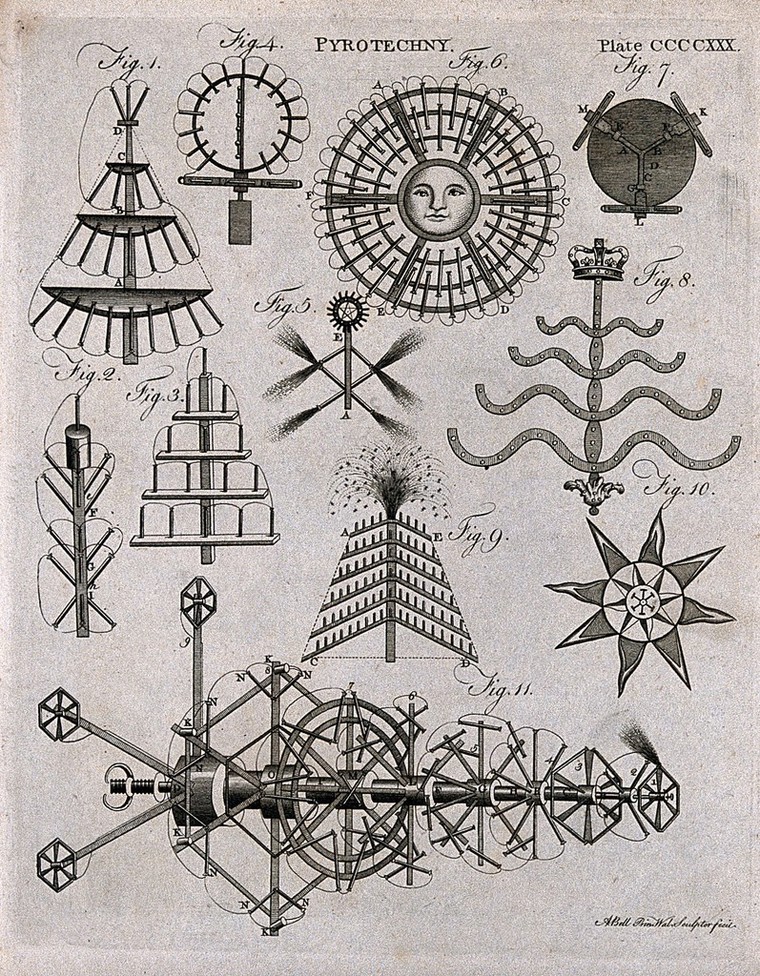
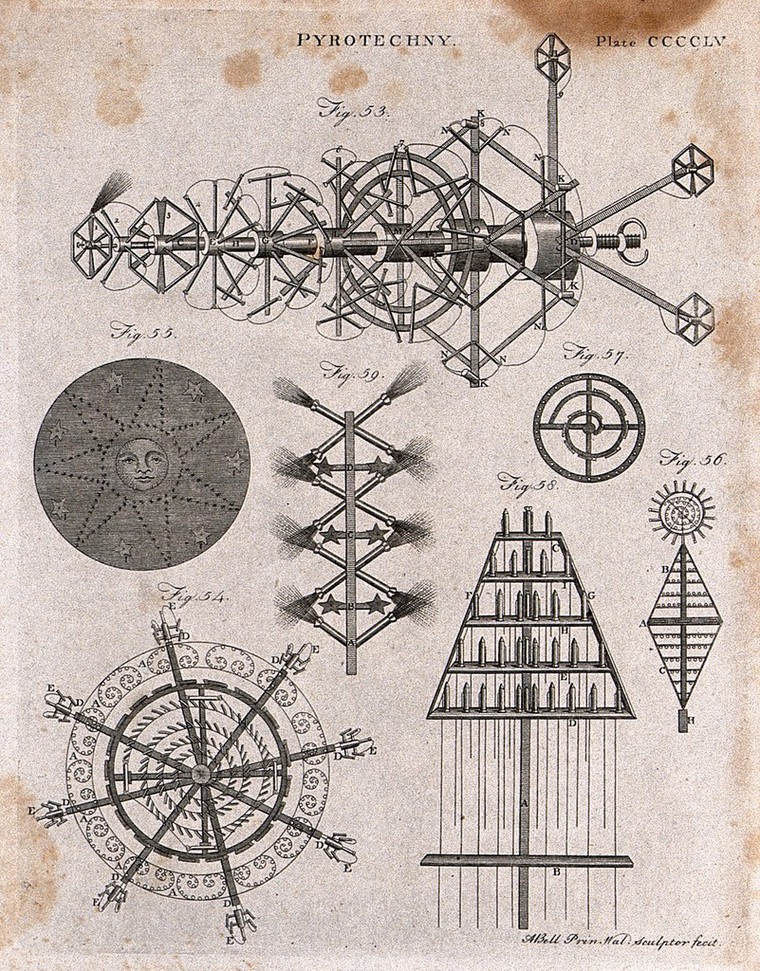
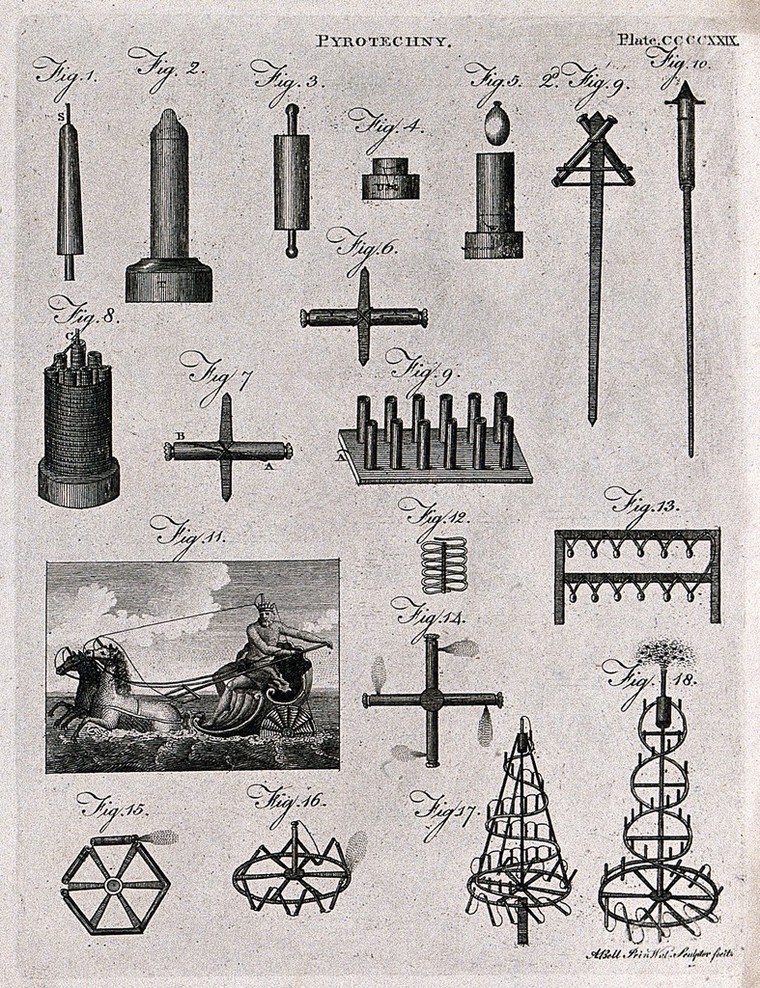
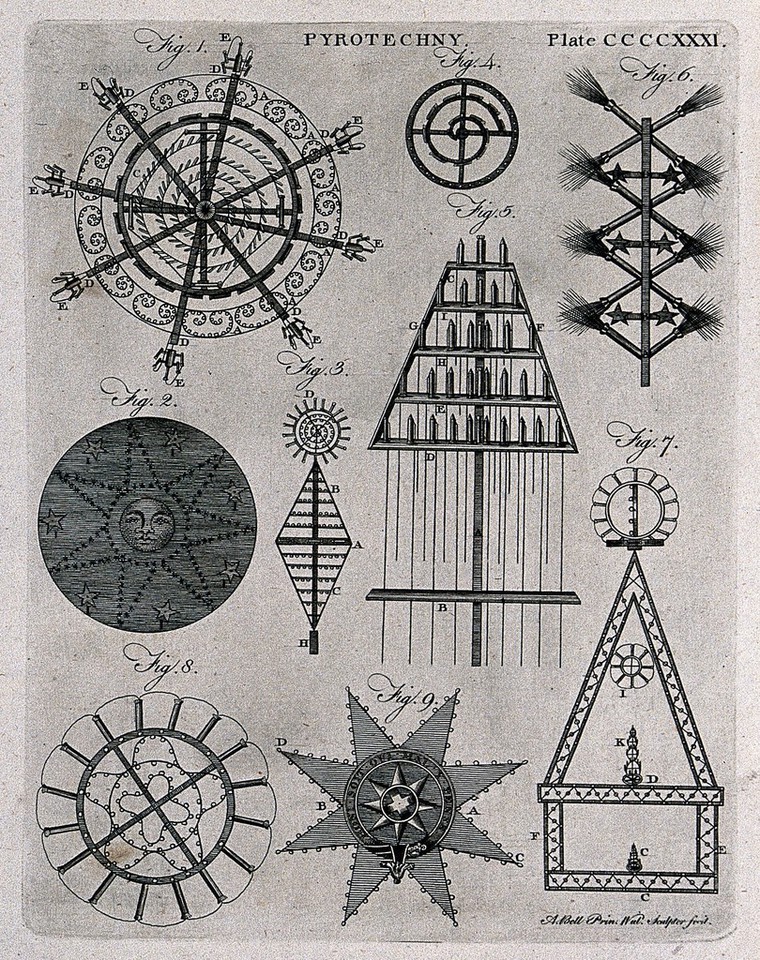
All images taken from the book Pyrotechny: Various designs for fireworks. Engraving by A. Bell. Public Domain from the Wellcome Collection.
